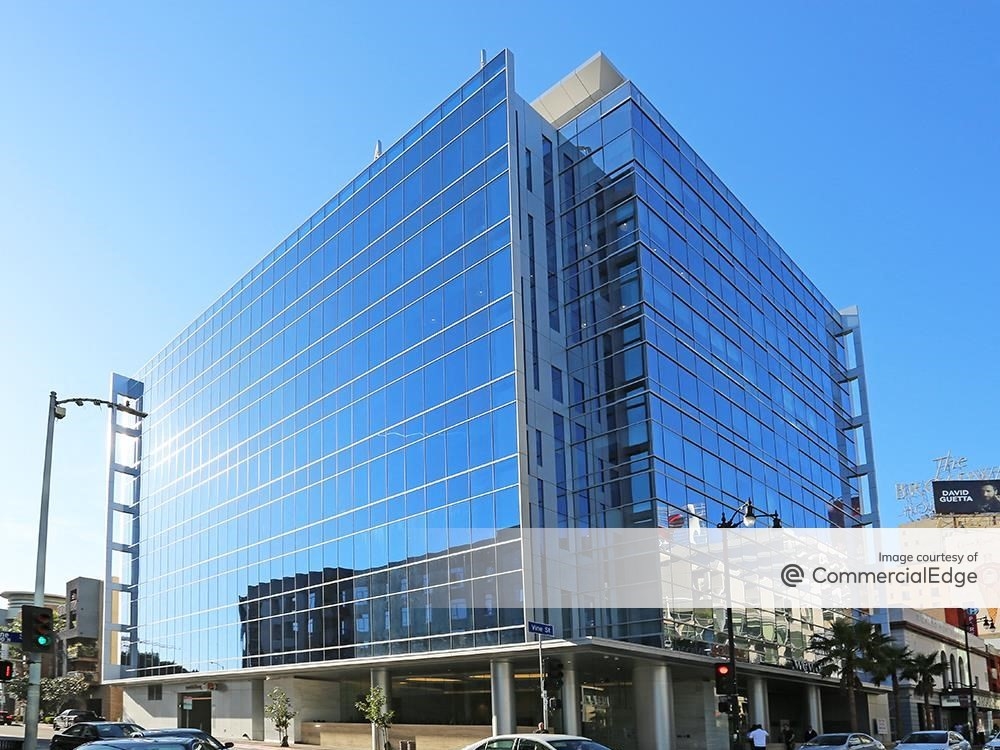Moody’s Forecasts Sharp Drop in Retail Rents
Reflecting first-quarter data, retail will be the hardest-hit commercial real estate sector, with a projected decline of 11 percent in effective rent by year’s end.
Effective rents in the retail sector are forecast to fall by 11 percent by the end of 2020, based on first-quarter data collected by Moody’s Analytics through its Real Estate Information Services group.
READ ALSO: The Science of Retail: Can Data Save the Store?
The underlying data covers commercial real estate rents and vacancies for eight property types in more than 3,000 submarkets across the U.S. The forecast notes that the retail sector was under pressure from expanding e-commerce even before the pandemic and has also been hit by widespread store closures.
“National vacancies will rise past historic highs…. This drop will constitute almost twice the total decline in rents the retail property sector experienced after the Great Recession in the four years spanning 2008 to 2011,” according to Moody’s.
“Store closures have made it difficult for retail tenants to pay rent, which has negatively impacted landlords. It is not yet clear how effective government support will be in this sector,” Victor Calanog, head of CRE economics at Moody’s Analytics, said in a prepared statement.
A giant stumble
In a separate Moody’s Analytics report about two weeks earlier, Calanog zeroed in on the current spate of store closings by Macy’s and the coronavirus pandemic. An initial wave of nearly 30 closures in January was quickly followed by Macy’s announcement in February that it would close a total of 125 stores. Because of the pandemic, the retail giant on March 17 preemptively closed all their locations. The Moody’s case study looked at, among other things, Macy’s strategic focus on its 150 top-performing stores nationwide; these Growth150 locations generate about half of all sales within the chain.
This strength, however, cuts both ways. If retail purchasing patterns change as a result of the pandemic, Moody’s reports, “any decline in revenues from the top 150 stores will also have an outsized effect on Macy’s performance.”
In addition, these Growth150 stores tend to be anchor tenants, so if any of them falter and close, an anchor space will go dark—and remaining tenants might “invoke co-tenancy clauses and renegotiate for more favorable lease terms, leading to revenue declines for landlords,” Moody’s warns.








You must be logged in to post a comment.